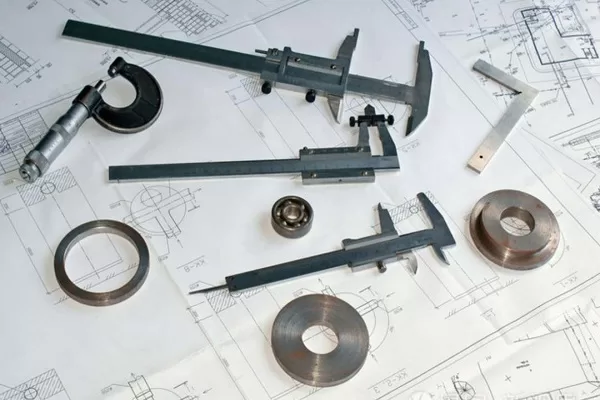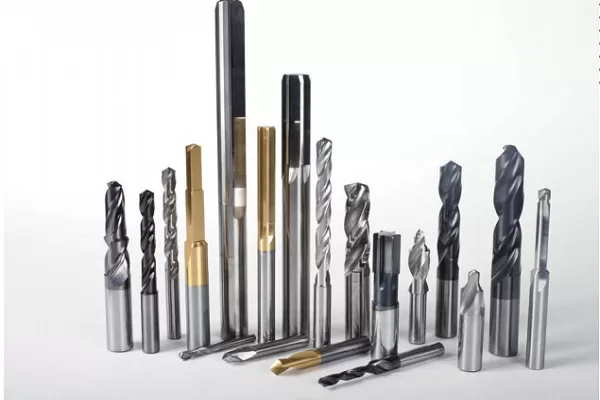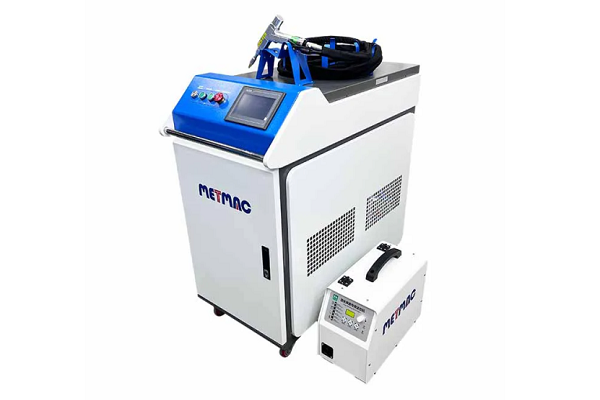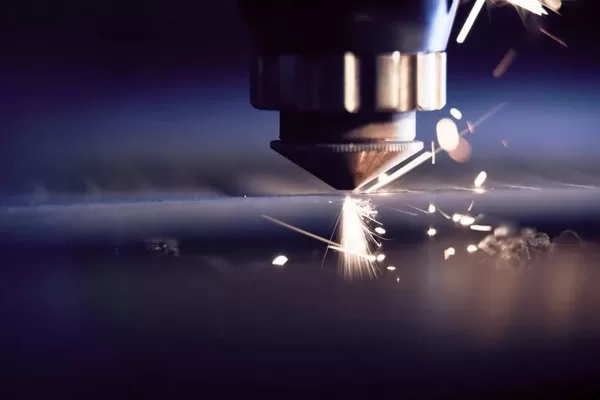
Quality Assurance- Ensuring Consistency and Reliability with Press Metal Machines
- By:Metmac
- 2024-05-29
- 48
In the realm of metalworking, press metal machines play a crucial role in shaping and forming various metal components. However, ensuring the consistency and reliability of these machines is paramount to maintain optimal performance and produce high-quality products. This article delves into the multifaceted nature of quality assurance for press metal machines, outlining the key aspects and strategies for achieving superior results.
Adhering to Design Specifications
Meticulous adherence to design specifications is the cornerstone of quality assurance for press metal machines. Engineers carefully craft these specifications based on the intended use, load capacities, and precision requirements. By diligently following these specifications during manufacturing, assembly, and calibration, manufacturers ensure that the machines perform as per their intended design. Deviations from these specifications can compromise performance, reduce reliability, and potentially lead to safety hazards.
Rigorous Inspection and Testing
Thorough inspection and testing of press metal machines are essential to identify and eliminate any defects before they enter production. Inspections involve visual examination of components, measurement of critical dimensions, and verification of functionality. Tests simulate actual operating conditions to assess machine performance under various loads and speeds. By adhering to rigorous inspection and testing protocols, manufacturers can ensure that only machines meeting stringent quality standards are deployed in production environments.
Proper Maintenance and Calibration
Regular maintenance and calibration are crucial for maintaining the consistency and reliability of press metal machines. Routine maintenance tasks include lubrication, cleaning, and replacement of worn-out components. Calibration involves adjusting machine settings to ensure precise operation and alignment. Proper maintenance and calibration extend the lifespan of machines, prevent breakdowns, and minimize downtime, ultimately improving productivity and reducing operating costs.
Traceability and Documentation
Maintaining traceability and documentation is vital for quality assurance in press metal machines. Each machine should have a unique identification number to track its manufacturing history, inspection records, and maintenance interventions. Detailed documentation of machine parameters, operating conditions, and performance data provides valuable insights for continuous improvement and troubleshooting. By establishing a robust traceability and documentation system, manufacturers can easily identify and address any issues that may arise, ensuring the reliability and consistency of their machines.
Operator Training and Certification
Well-trained and certified operators are essential for the safe and effective operation of press metal machines. Comprehensive training programs should cover machine functionality, safety procedures, quality control techniques, and troubleshooting methods. Certification ensures that operators possess the necessary knowledge and skills to operate the machines efficiently while maintaining high-quality standards. By empowering operators with the right training and certification, manufacturers can mitigate human error and improve overall machine performance.
Continuous Improvement
Quality assurance for press metal machines is an ongoing process that requires continuous improvement. Manufacturers should regularly review machine performance data, customer feedback, and industry best practices to identify areas for improvement. By implementing process optimizations, enhancing maintenance strategies, and incorporating technological advancements, manufacturers can continuously refine their machines, ensuring their consistency, reliability, and ability to meet evolving customer demands.
Conclusion
Quality assurance for press metal machines encompasses a wide range of aspects, from design adherence to operator training. By implementing rigorous measures in each of these areas, manufacturers can ensure that their machines deliver consistent and reliable performance, producing high-quality metal components that meet precise specifications. Ongoing improvement efforts further enhance machine capabilities and customer satisfaction, solidifying the importance of quality assurance in the realm of press metal machines.
-
The Advantages of Using a Sheet Roll Forming Machine in Manufacturing
2024/09/14 -
How to Optimize Your Laser Sheet Cutting Machine for Maximum Performance
2024/09/12 -
How to Maximize Efficiency with Modern Sheet Metal Working Machines
2024/09/04 -
The Environmental Benefits of Using Duct Board Grooving Machines
2024/09/03
-
Latest Technological Advancements in Rectangular Duct Machines
2024/05/11 -
Integrating Automation with Rectangular Duct Machines for Enhanced Productivity
2024/05/11 -
Metal Shear Machines- Essential Tools for Precision Metal Cutting
2024/05/11 -
Understanding the Role and Function of Steel Strip Slitting Machines
2024/05/11
-
A Guide to the Latest Innovations in Sheet Metal Folding Machines
2024/11/29 -
Key Features to Consider When Investing in a Sheet Metal Folding Machine
2024/11/28 -
Enhancing Precision with Advanced Sheet Metal Folding Machines
2024/11/27 -
How to Choose the Right Sheet Metal Folding Machine for Your Workshop
2024/11/26



